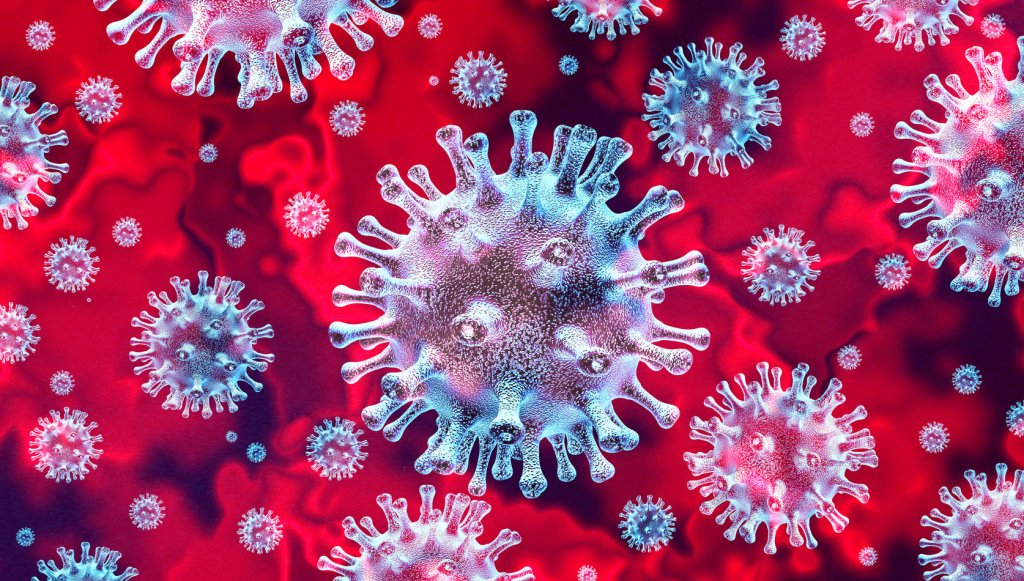Avoiding COVID-19 Scams
Stay Alert and Aware
Even as communities around the world pull together to battle coronavirus (COVID-19), the outbreak provides fertile ground for scammers. Authorities are striving to keep pace with con artists peddling an array of schemes. For example, the U.S. Federal Trade Commission and the Food and Drug Administration have sent warning letters to several sellers of unapproved […]
